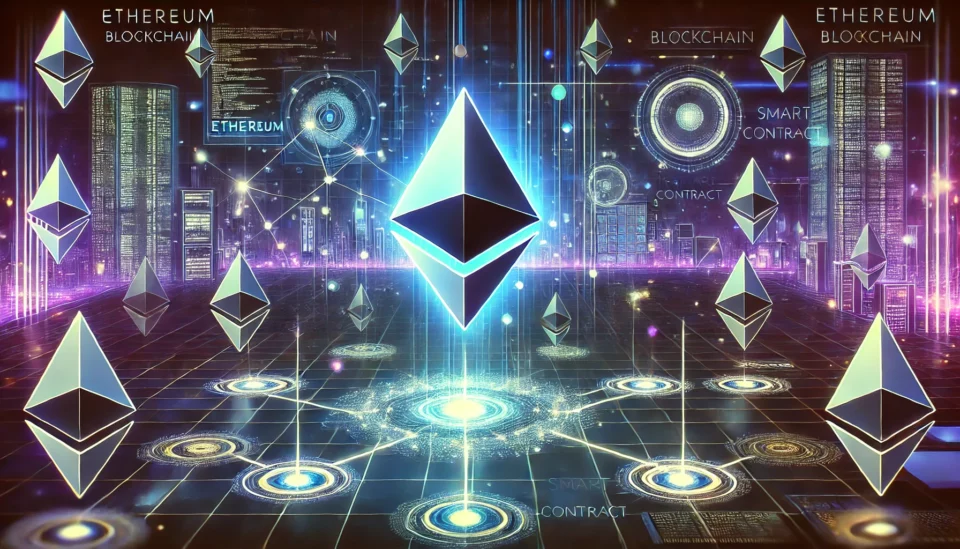Ethereum blockchain network encountered technical problems during a major Pectra update that was rolled out to the Sepolia test network on March 5, 2025. An unknown attacker discovered a vulnerability that forced the developers to introduce a «private patch» to stabilize the network.
Almost after the launch, errors in geth nodes began to occur These are nodes in the Ethereum network that run on one of the most popular Geth clients (Go Ethereum). Geth allows you to run a full-fledged Ethereum node, synchronize with the network, execute smart contracts, and interact with the blockchain. The number of empty blocks mined by miners has also increased.
These are nodes in the Ethereum network that run on one of the most popular Geth clients (Go Ethereum). Geth allows you to run a full-fledged Ethereum node, synchronize with the network, execute smart contracts, and interact with the blockchain. The number of empty blocks mined by miners has also increased.
According to one of the Ethereum developers, Marius van der Weyden, the problem was that the deposit contract sent an unpredictable event — a transfer instead of a deposit. This caused nodes to reject transactions and generate only empty blocks. This bug was related to EIP-6110 (Ethereum Improvement Proposal 6110, simplifying Ethereum validator deposits), which required unified handling of all deposit contract logs. The geth team released a fix that ignored all erroneous logs, but the developers ignored a special case that involved the ERC-20 standard. It does not prohibit transfers of zero tokens, which allows anyone (even those without tokens) to send such transactions. An unknown attacker took advantage of this to repeatedly send zero transfers to the deposit contract, which caused repeated errors and resulted in empty blocks being mined.
Mining empty blocks reduces network efficiency because they do not contain useful transactions, only the header and service information. But the network wastes resources on processing them without actually making progress on transactions. Empty blocks also increase the delay in their confirmation. And miners and validators lose fees.
The developers discovered that the culprit was a newly created account that had been funded through a public tap. To stop the attack, they deployed a «private patch» to selected DevOps nodes that controlled about 10% of the network.
After the patch was deployed, the nodes resumed producing normal filled blocks, and the chain began to function normally. The problem affected only the Sepolia test network.
Due to the discovered vulnerability, the Pectra update was postponed to continue further testing and eliminate possible vulnerabilities.
Pectra should improve ETH staking, scalability of second-tier projects, and overall network throughput. The update includes 11 Ethereum Network Improvement Proposals (EIPs) and is the first major update since Dencun, which launched in March 2024.
Initially, the developers planned to deploy Pectra on the main Ethereum network on April 8, provided that the Holesky and Sepolia test networks were successfully updated. However, the first launch of Holesky on February 24 also had technical problems.
Source: Marius van der Wijden
